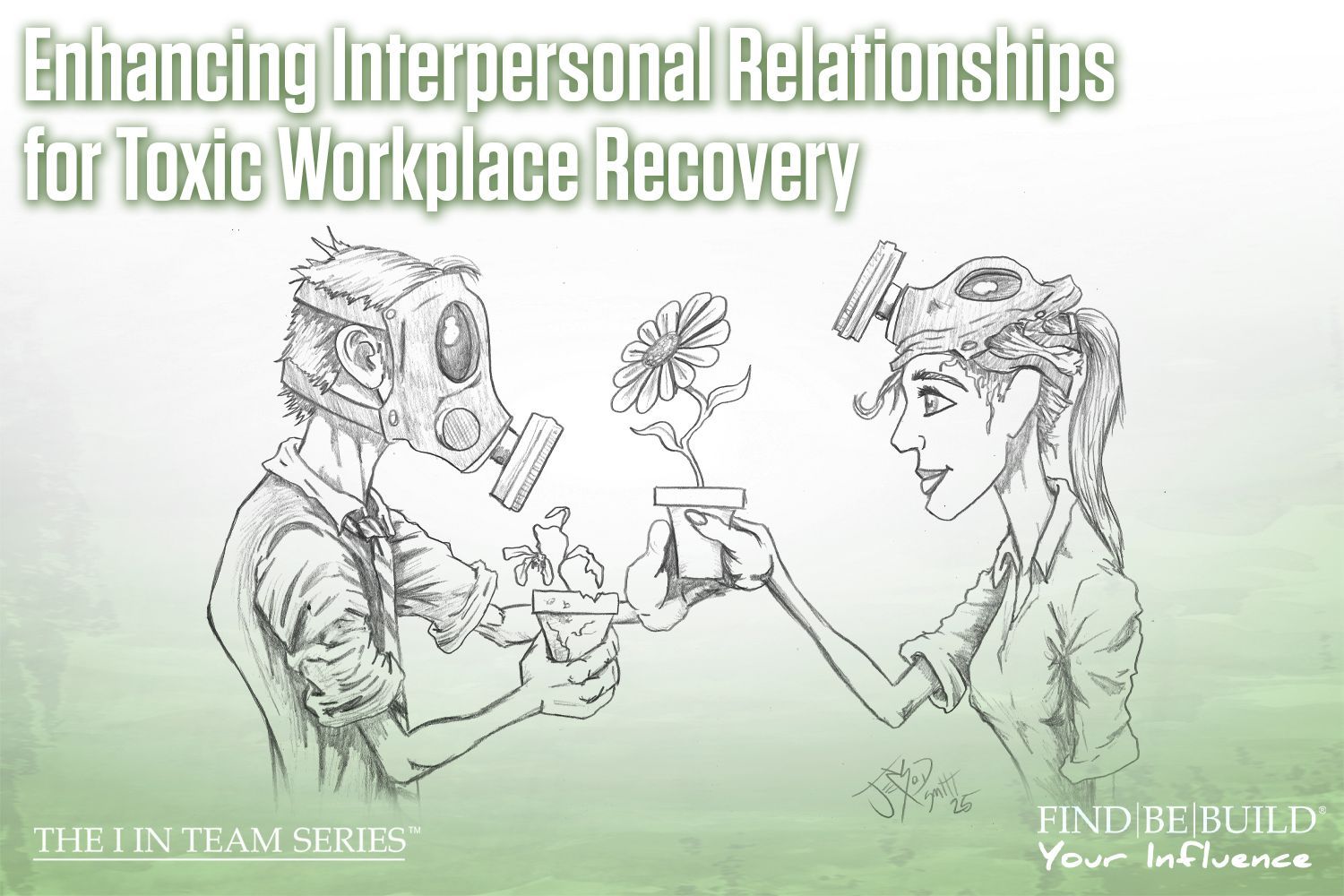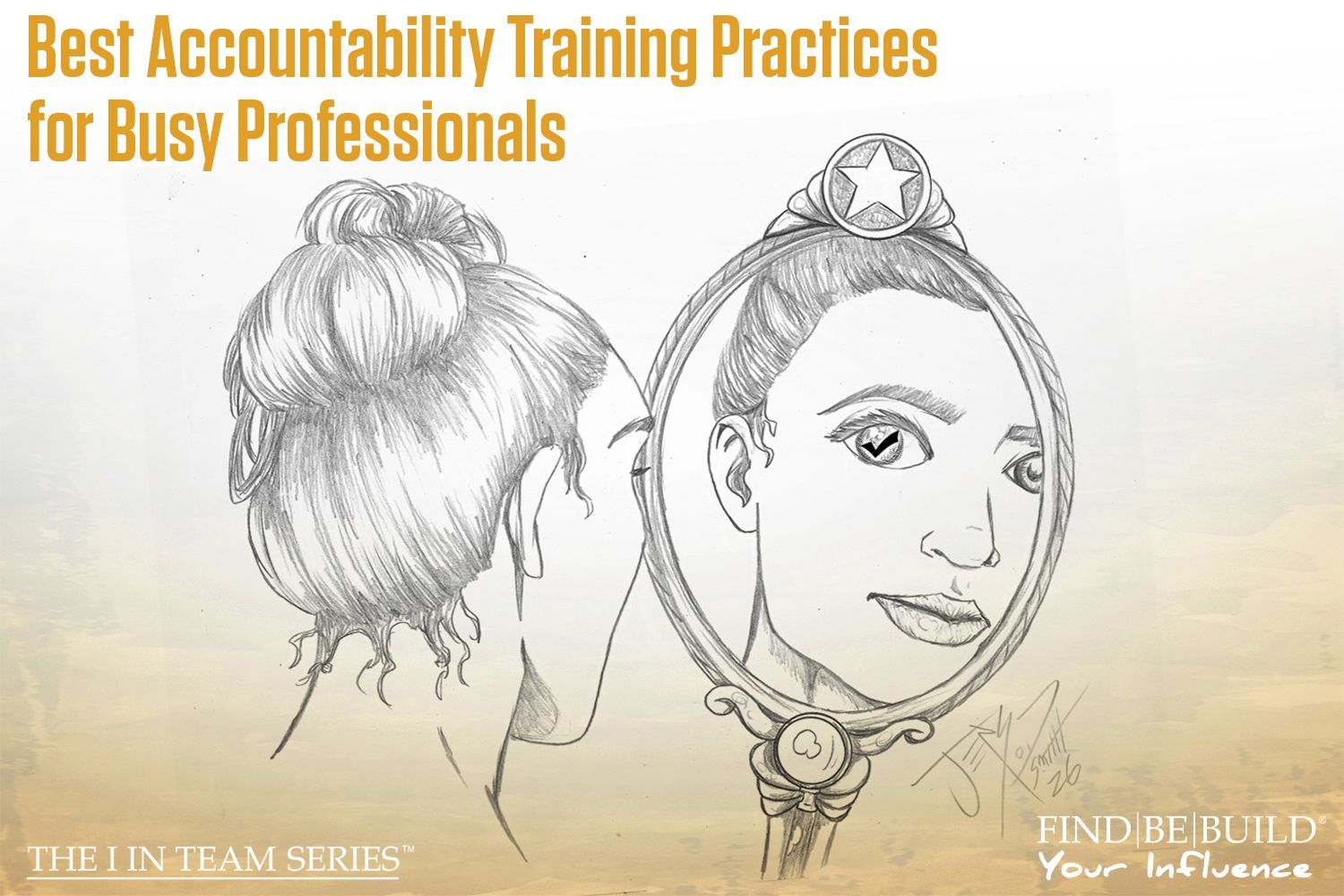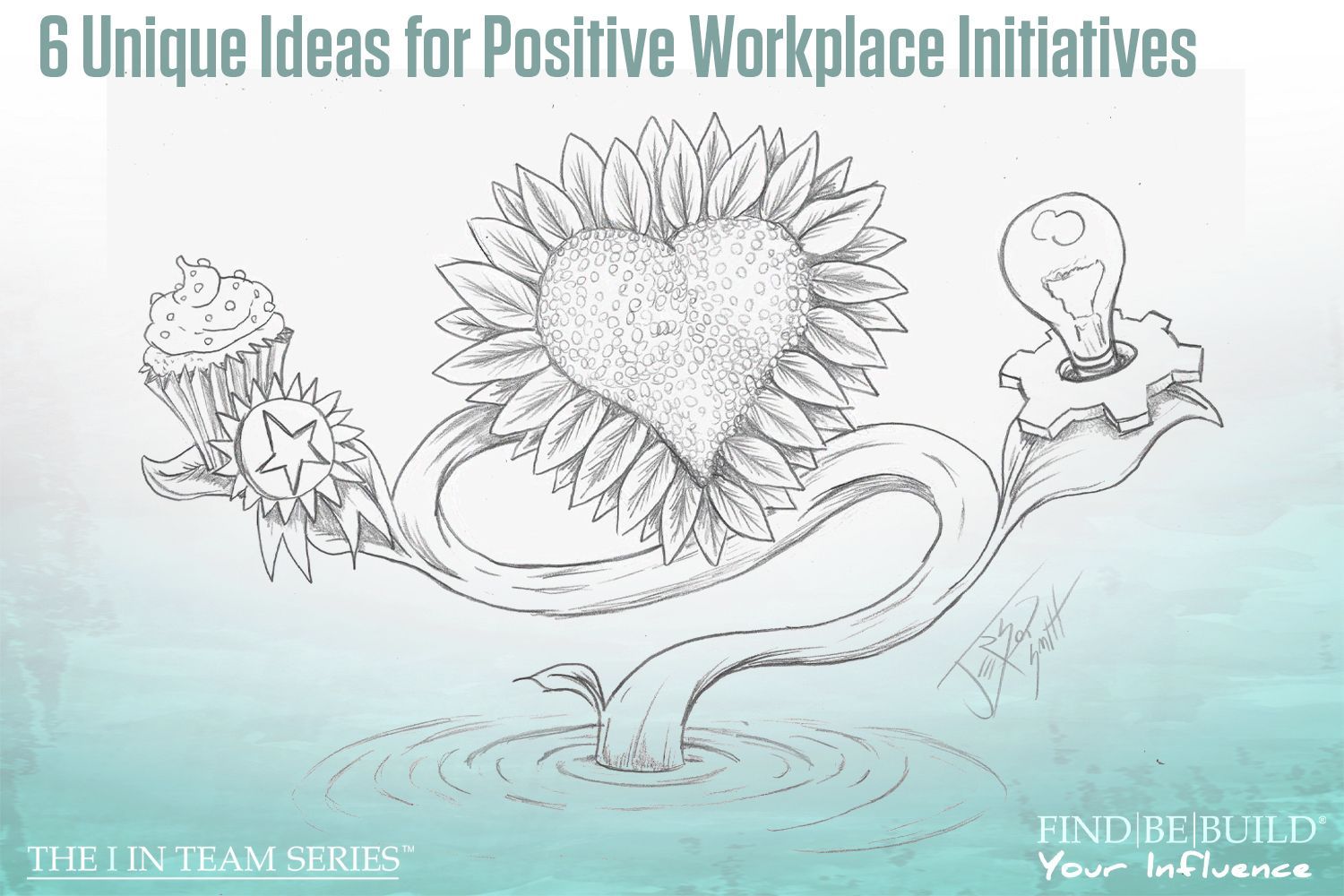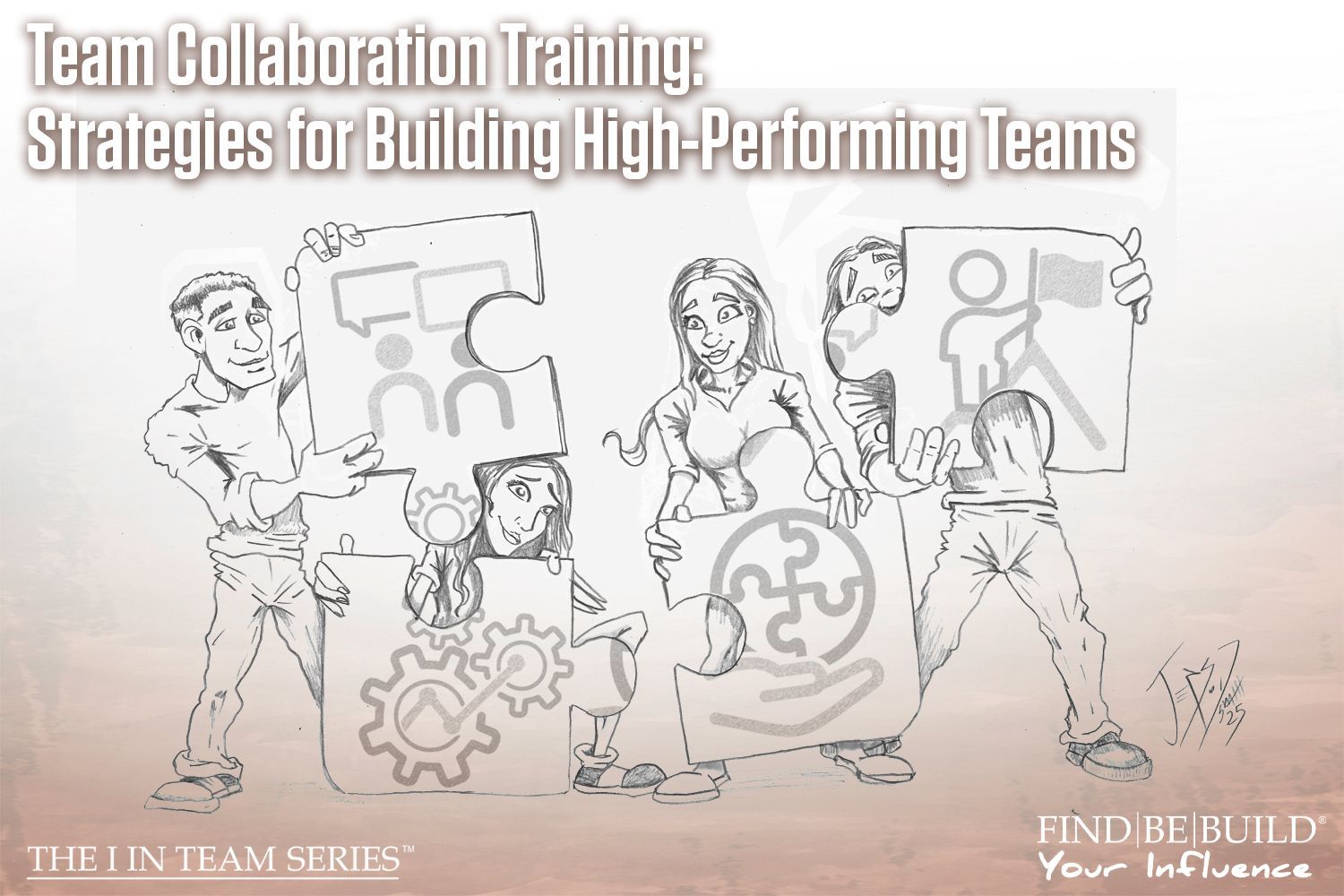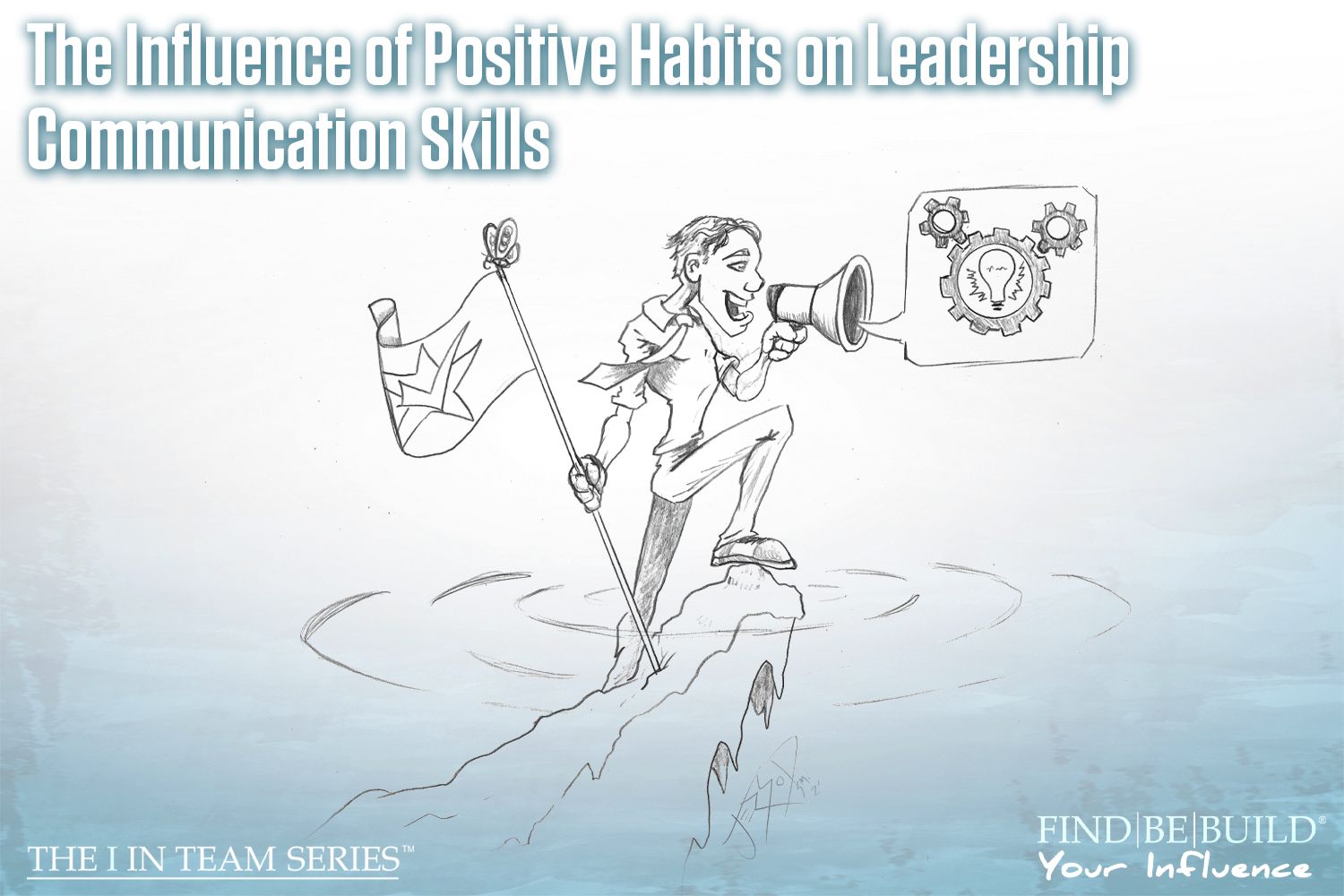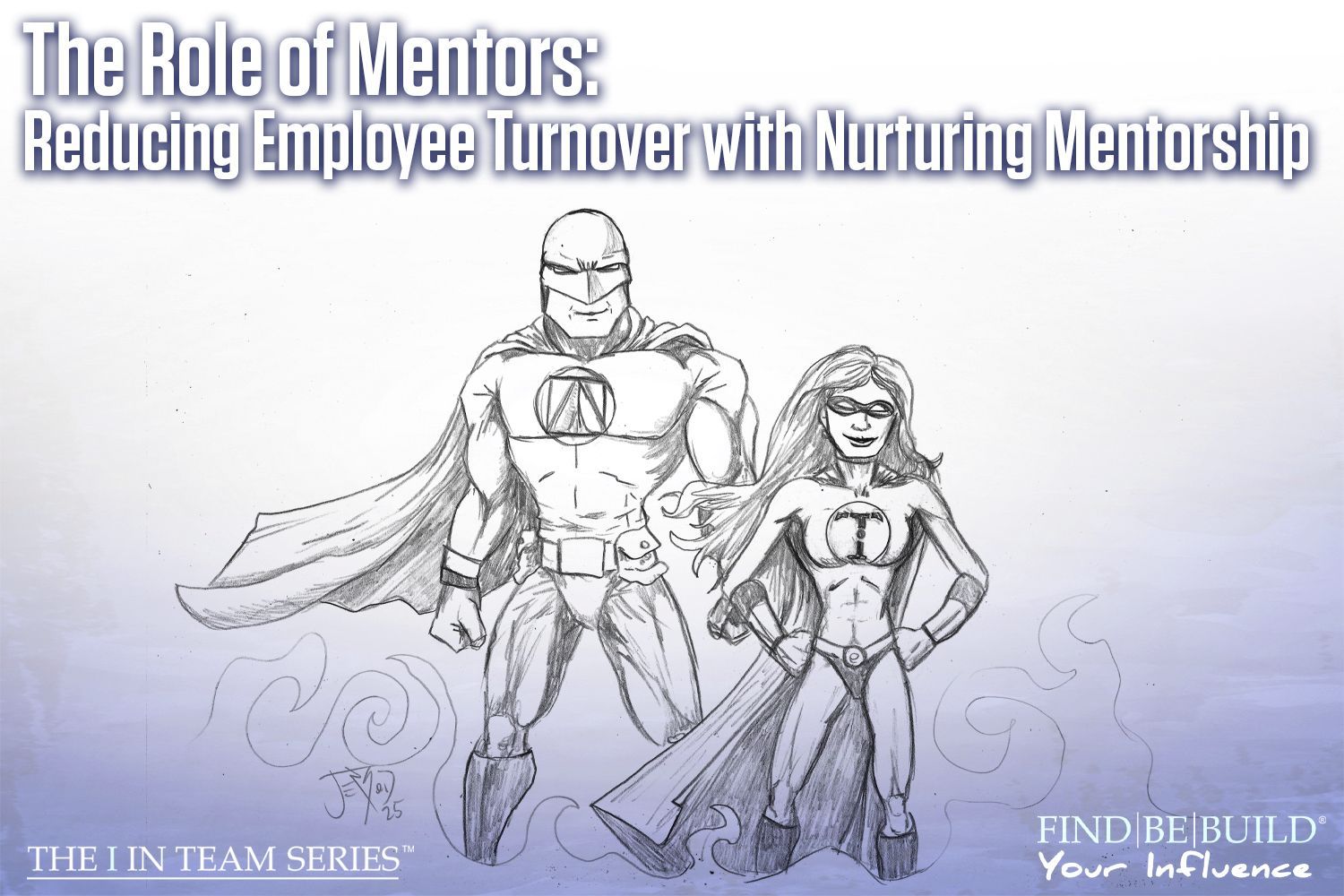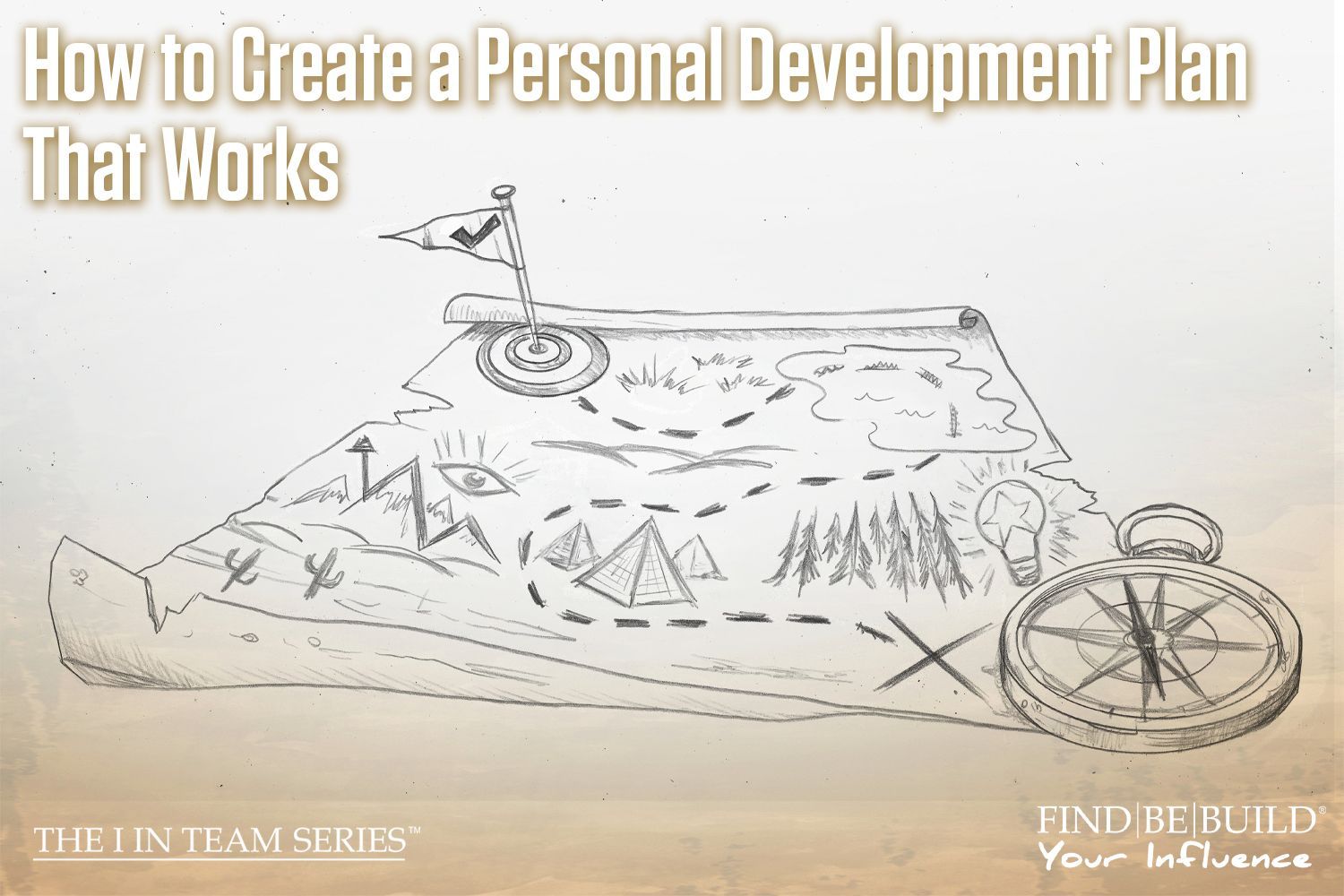The Problem with the Golden and Platinum Rules
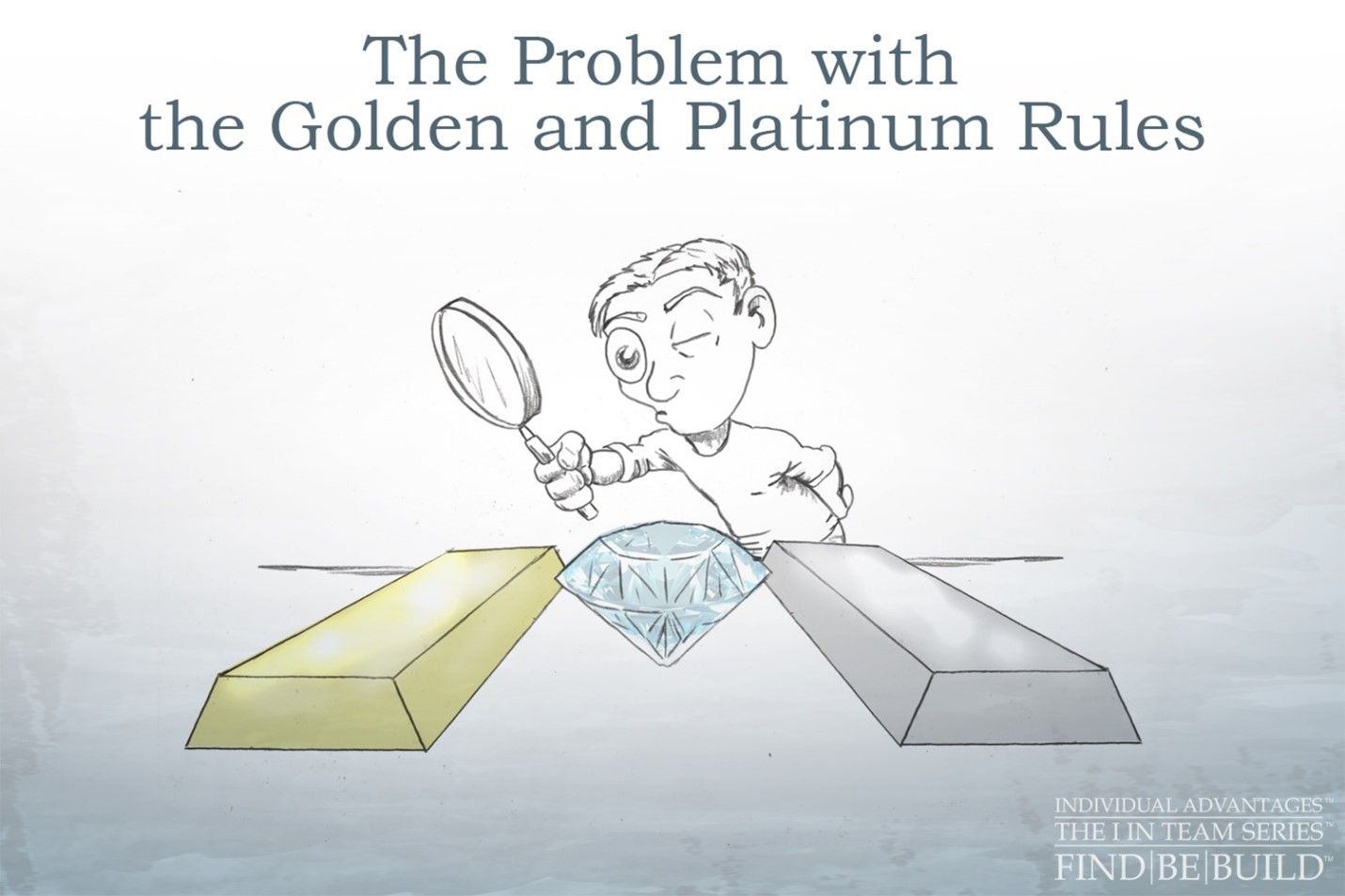
Business consulting strategies
Hi team, it’s your friend Mary with The I in Team Series where you can find, be, and build your positive influence! This week, I want to discuss my personal opinion on the Golden and Platinum Rules. To review, the Golden Rule is, essentially, "treat everyone as you would want to be treated" and the Platinum Rule is "treat everyone as they want to be treated." While these both offer great guidelines for hopefully treating others with love, kindness, and respect, I think they miss a huge component of humanity: Mental Illness. I know when I'm depressed, anxious, or in the pits, I don't want to be treated well; more so, I don't feel like I deserve love and kindness because my mind tells me I don't. This is the primary problem I see in the Golden and Platinum Rules, but before I propose my solution, I want to dive into these rules a little further.
The Golden and Platinum Rules
The Golden Rule, in some variation, has been written in religious text for centuries. It essentially reminds everyone to stay mindful of how they treat others lest someone treat you the same way. It promotes a sense of empathy and social awareness. Although, it is a bit egocentric. It’s a rule that tells you to treat others the way you would want to be treated, assuming you believe you deserve to be treated well. I know that for me and others who suffer from depression, anxiety, or other mental illnesses, not everyone feels that they are worth being treated well all of the time. So, for example, if I followed the Golden Rule while in a depressed state, I probably wouldn’t treat others very well. Why? 1) Because I feel horribly about myself and the world and 2) If I were hypothetically following the Golden Rule, I would treat everyone the way I felt I deserved, which I’m certain nobody wants.
The Platinum Rule was proposed and developed by Dr. Tony Alessandra and Dr. Michael J. O’Connor. On Dr. Alessandra’s website, he writes,
“The Platinum Rule accommodates the feelings of others. The focus of relationships shifts from ‘this is what I want, so I'll give everyone the same thing’ to ‘let me first understand what they want and then I'll give it to them.’”
Dr. Alessandra and Dr. O’Connor were absolutely correct to propose a rule that focuses on the other person more than the self. This ensures you are attempting to give someone what they want, but it leaves out what people need. Sometimes people want things that aren’t good for them, as I hope you understand by now with the example above. While we want to accommodate the feelings of others, we also need to be mindful that sometimes the people closest to us don’t know what they need to feel better and in those moments we should offer them love and support with no strings attached.
How I Approach Treating Others
To be honest, I didn’t know what to call it. But, the way I approach treating others is to, “Treat everyone the way you would want someone to treat the person you love most in this world.” Perhaps, this is redundant, as many people’s favorite person is themselves. Personally, this rule works for me. I don’t always have the best mental health and reminding myself to treat others the way I would want someone to treat Spencer, my fiancé, is really helpful. No matter what kind of mental issues I’m battling, I always want Spencer to be treated with love, kindness, and respect. To be honest, I just can’t say the same about myself, although I know those thoughts aren’t true, the mind can be tricky.
I believe following a rule like this will help everyone be more socially aware. Spreading a positive influence is the best way to combat the negativity of the world. If we can increase our emotional intelligence, do our best to realize when we aren’t feeling so great, and strive to treat others the way we would want someone to treat those we love the most, I know we can increase our positive influence. Maybe not every day, but we aren’t meant to be perfect every day. Life might kick us down, or we might have a bad day with a negative influence, but we just have to keep going forward, learning from our mistakes, doing our best, and striving to remain uplifted and positive. If we can do this, we can spread love, kindness, and acceptance in all areas of our lives.
Conclusion
These rules have always been meant as guidelines for treating others with love, kindness, and respect, and in reality, all three rules are saying the same thing with different wording. One is centuries old, derived from philosophy and religion. One is a more recent thought pool, used to increase others’ empathy and social awareness. And one is used to recognize that people these days have mental illness and we should remain mindful. It doesn’t matter your race, age, or sexual orientation; all human beings deserve a chance to be treated with love, kindness, and respect. We all deserve to live in a world where we are free to be our most true selves. In a diverse world, we all flourish, so spread positive influence to those who are similar to you and those who are vastly different. We are all important in this time.
